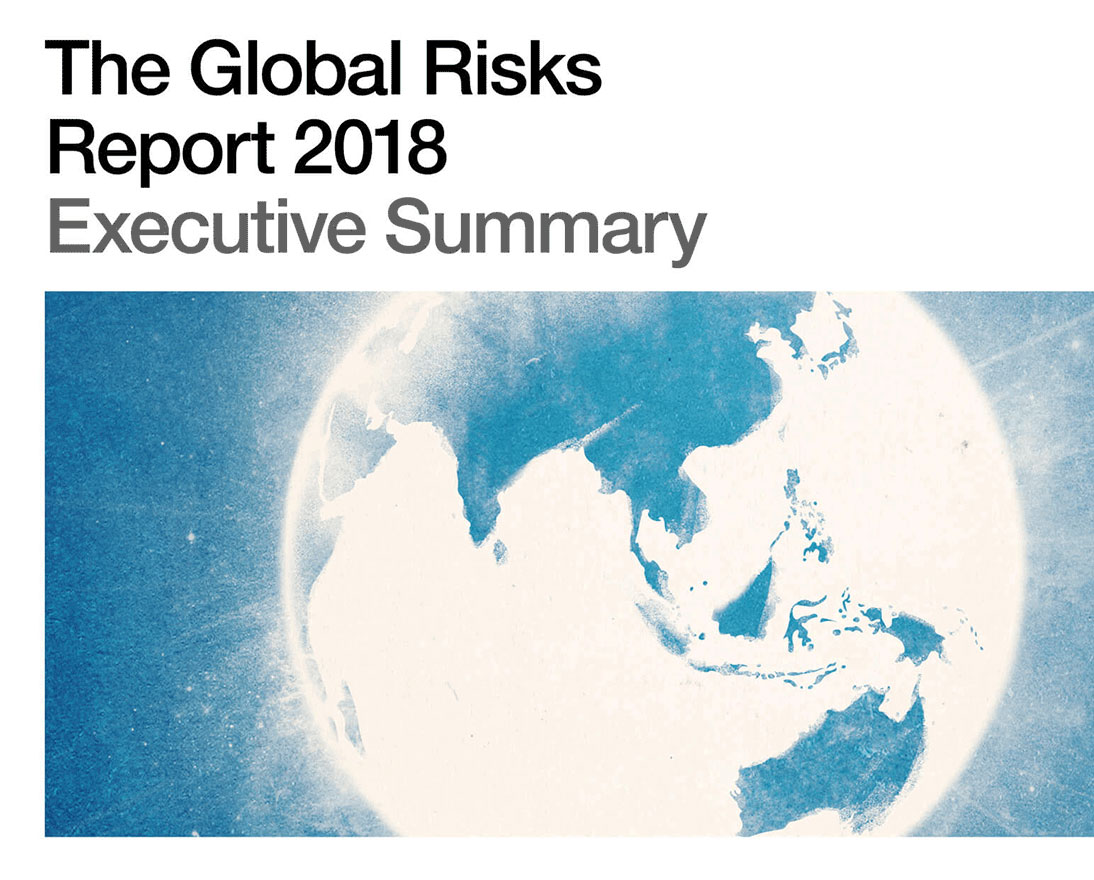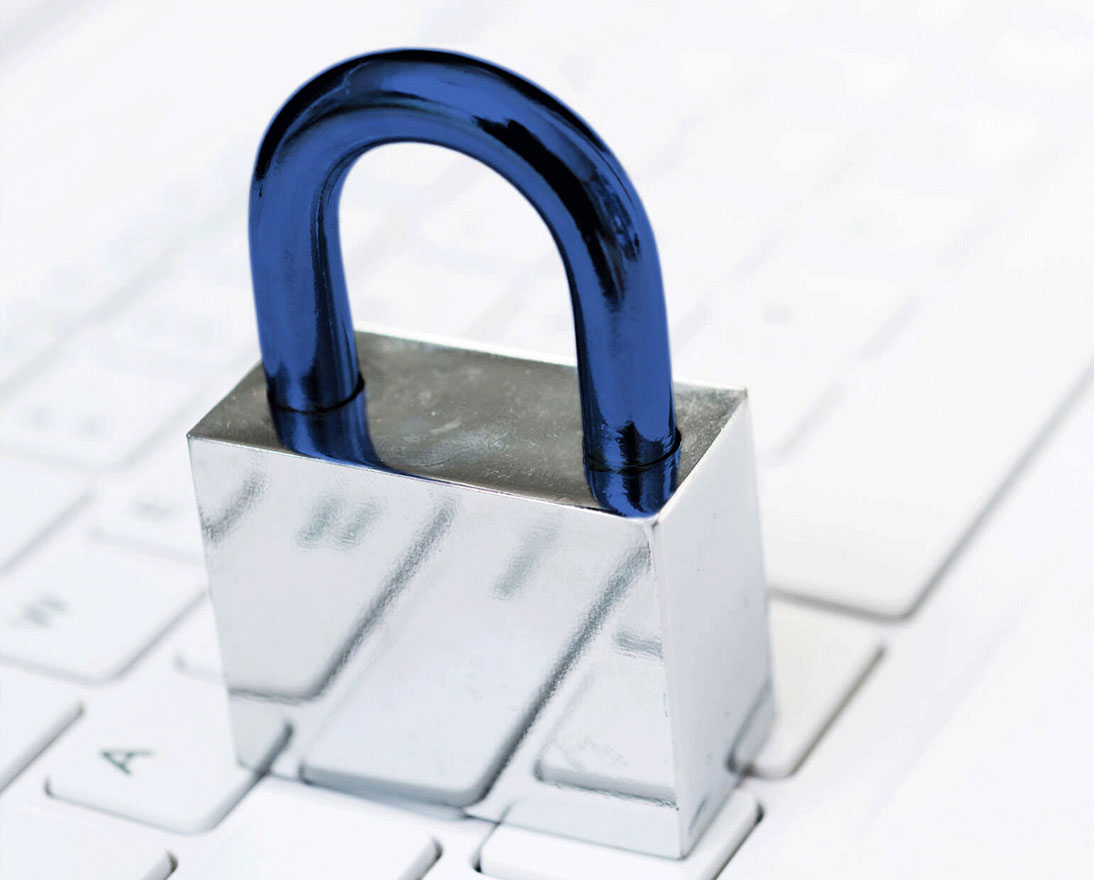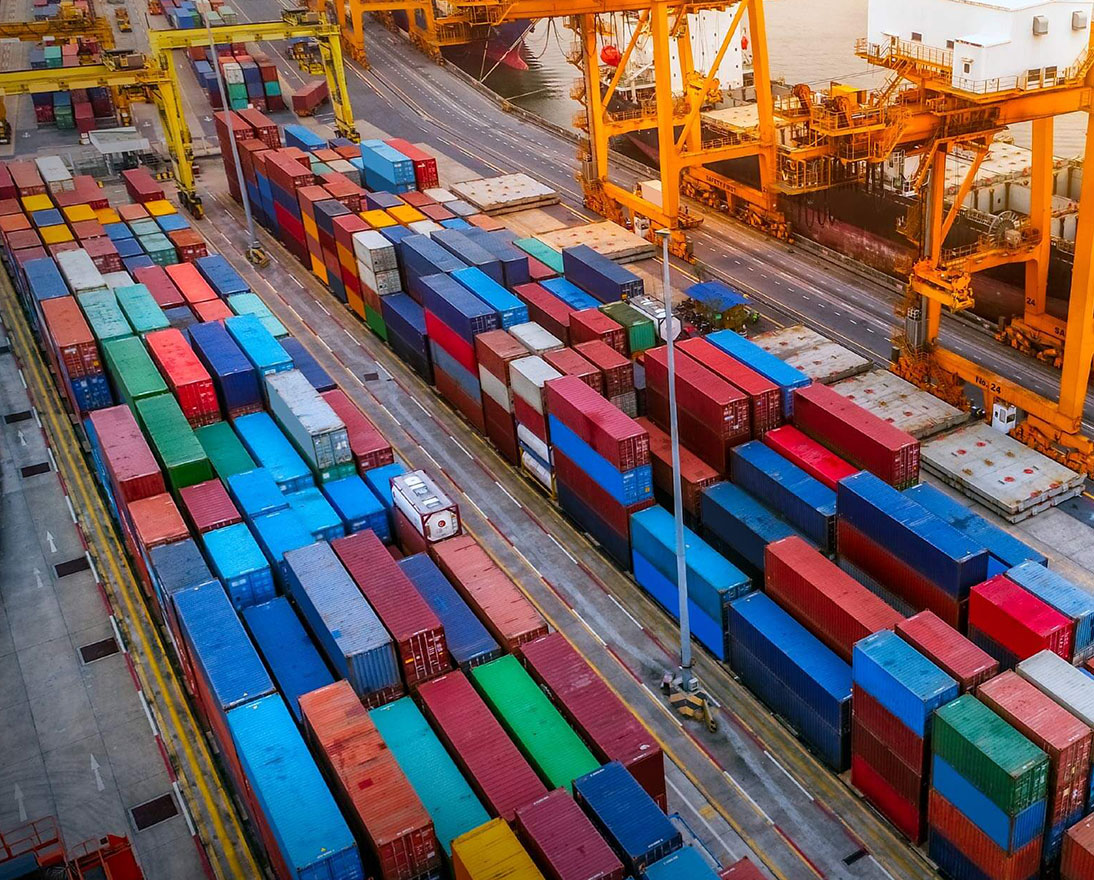
Intensifying systemic risks are a growing threat to global progress
Intensifying systemic risks are undermining public trust and threatening to reverse global gains in prosperity.
People are living longer, healthier, more prosperous lives in what appears to be a golden age of innovation, but this progress is increasingly under threat from systemic global risks such as climate change, population growth and aging, soaring geopolitical risks and the changes wrought by emerging digital technologies.
Figures from Our World in Data, an on-line publication produced by the University of Oxford which draws on data from the World Bank, show that the percentage of the world’s population living in absolute poverty is lower than it has ever been and falling, with 250,000 people lifted out of that state every single day.1 Literacy rates are soaring, dread diseases like polio and malaria are being conquered, wealth inequality is declining, and every day we see new breakthroughs in technology and healthcare that could transform our world.
Those breakthroughs are being reflected in the global economy, which outperformed all expectations in 2017, growing by an estimated 3 percent according to the World Bank, with the growth trend expected to continue in 2018.2
Intensifying systemic risks
Despite these strong, positive trends however, there is growing pessimism about the world’s response to emerging global risks. The Global Risks Report 2018 (GRR), published by the World Economic Forum in collaboration with leading global institutions including Zurich Insurance Group, warned that “the urgency of facing up to systemic challenges has, if anything, intensified amid proliferating indications of uncertainty, instability and fragility.”3
Specifically, the GRR highlighted growing concern over environmental, cyber and geopolitical risks, noting that, “There are signs of strain in many of these systems: our accelerating pace of change is testing the absorptive capacities of institutions, communities and individuals. When risk cascades through a complex system, the danger is not of incremental damage but of “runaway collapse” or an abrupt transition to a new, suboptimal status quo.”
Worryingly, 59 percent of the nearly 1,000 experts who responded to the World Economic Forum’s annual Global Risks Perception Survey, which underpins the GRR, predicted that these global risks would intensify.
A loss of trust
This pessimism about the future and the failure of key stakeholders to deliver credible solutions to some of the world’s most pressing issues was reflected in the 2017 Edelman Trust Barometer, which showed an “implosion” of public trust around the world. Fewer than half of respondents in two-third of all countries surveyed said that they trusted governments, businesses, media or NGOs to do what is right.4
This decline in trust has real consequences. As Edelman noted, the ruling parties or heads of state in five of the world’s 10 largest economies have been removed from office since the middle of 2016 and rising populism is fueling nationalism and challenging global stability. Business are being effected by increasing protectionism with a recent study showing that the number of discriminatory trade measures introduced by G20 member states each year has more than tripled since 2012.5
Trust is now a critical commodity for businesses operating in the digital space. The more trusted a brand - the more data will be shared and the better services and products can be delivered. A recent PwC survey showed 88 percent of respondents tied their willingness to share personal information to how much they trusted the company in question. Separately, academic research has found that banks could experience declines of almost 24 percent in their own corporate reputation scores - and sales increasing by up to 3.4 percent or falling by up to 7.9 percent - due to events at a rival company.6 Nowhere is this more visible to business than in building consensus around the implementation and regulation of the technologies that underpin what is being called the Fourth Industrial Revolution.
To put it simply, if trust is lost in the online environment, the 4IR will not reach its full potential.
A study by Zurich Insurance Group and the Atlantic Council reveals a USD 120 million difference in the contribution of digital technology to global GDP by 2030 between a secure, trusted cyber-economy based on global cooperation and an insecure one driven by self-interest.7
And worryingly, trust issues also threaten to undermine the collaborative efforts needed to address wider global challenges, such as climate change.
Urgent action is needed
To take full advantage of the opportunities created by new digital technologies, key stakeholders in governments, businesses and society at large must work together to address the downsides of the 4IR.
Businesses are at the coal face of the digital transformation, experiencing its market opportunities and workforce challenges first-hand. They have the greatest incentive therefore to act as agents of change when seeking collaborative solutions in areas such as cyberspace, social protection systems, climate change and the global workforce.
With this in mind, Zurich has become a founder member of the newly launched WEF Global Cyber Center. The organization brings together cyber experts and global thought leaders to further address systemic cyber risks and create tools to better understand and address it. In addition, the company has raised its sustainability ambitions level, adopting a new climate policy that commits it to enhanced transparency, deeper integration of environmental and social goals, further reductions in carbon emissions, and more active advocacy.
1 Our World in Data https://ourworldindata.org
2 Global Economic Prospects: Broad-Based Upturn, but for How Long?, World Bank, January 2018 http://www.worldbank.org/en/publication/global-economic-prospects
3 The Global Risks Report 2018, World Economic Forum and Zurich Insurance Group, January 2018 https://www.zurich.com/en/knowledge/global-risks/the-global-risks-report-2018
4 “An Implosion in Trust”, Richard Edelman, March 2017 https://www.edelman.com/post/an-implosion-of-trust
6 Journal of Network Finance
7 Risk Nexus: Overcome by Cyber Risks, October, 2015 https://www.zurich.com/en/knowledge/cyber-risk/overcome-by-cyber-risks










